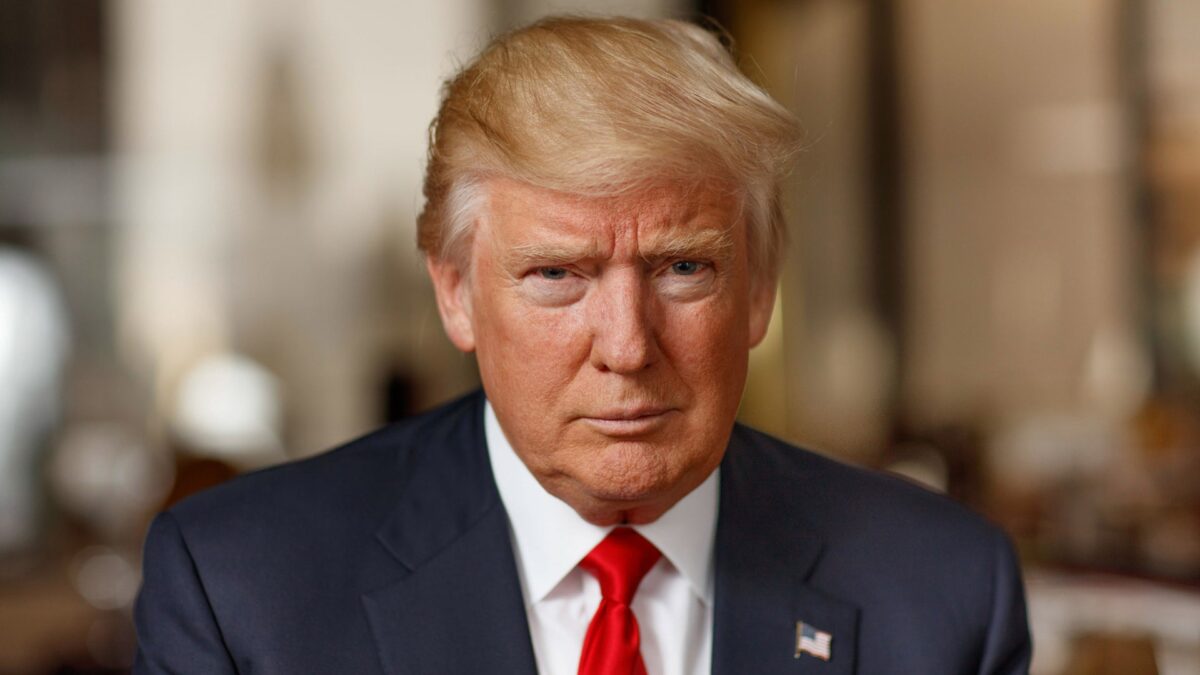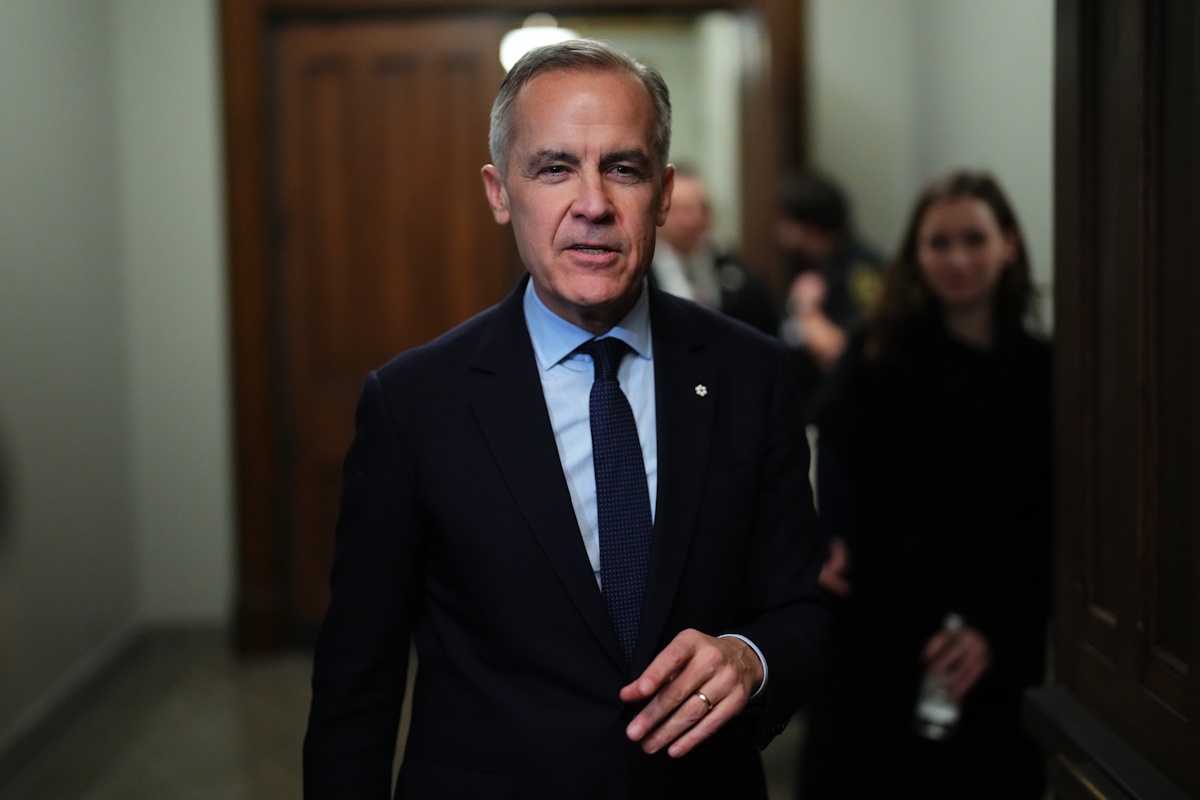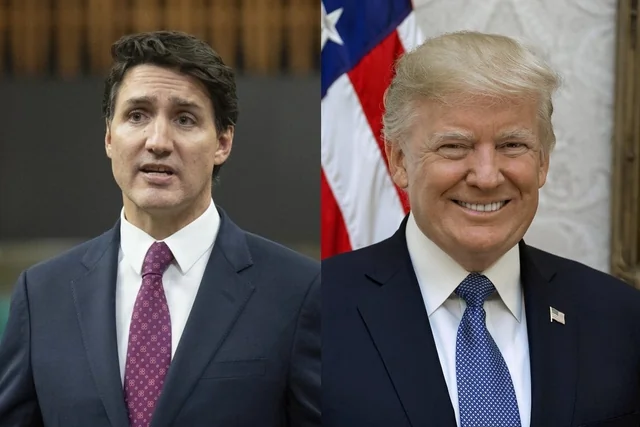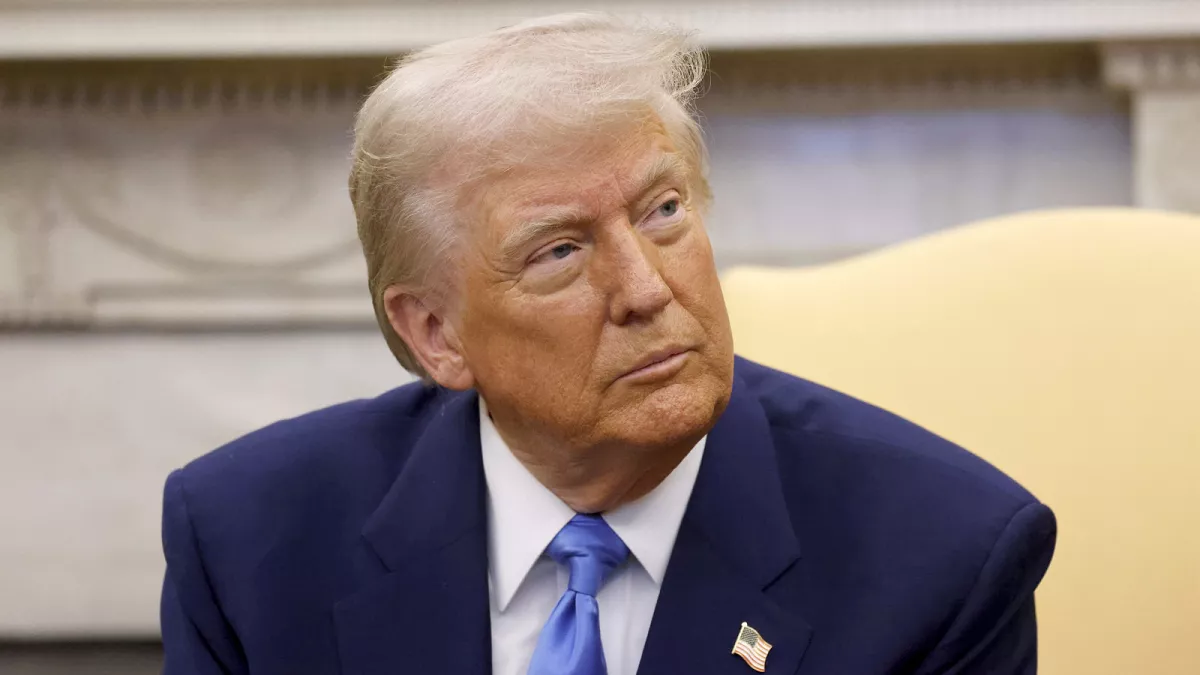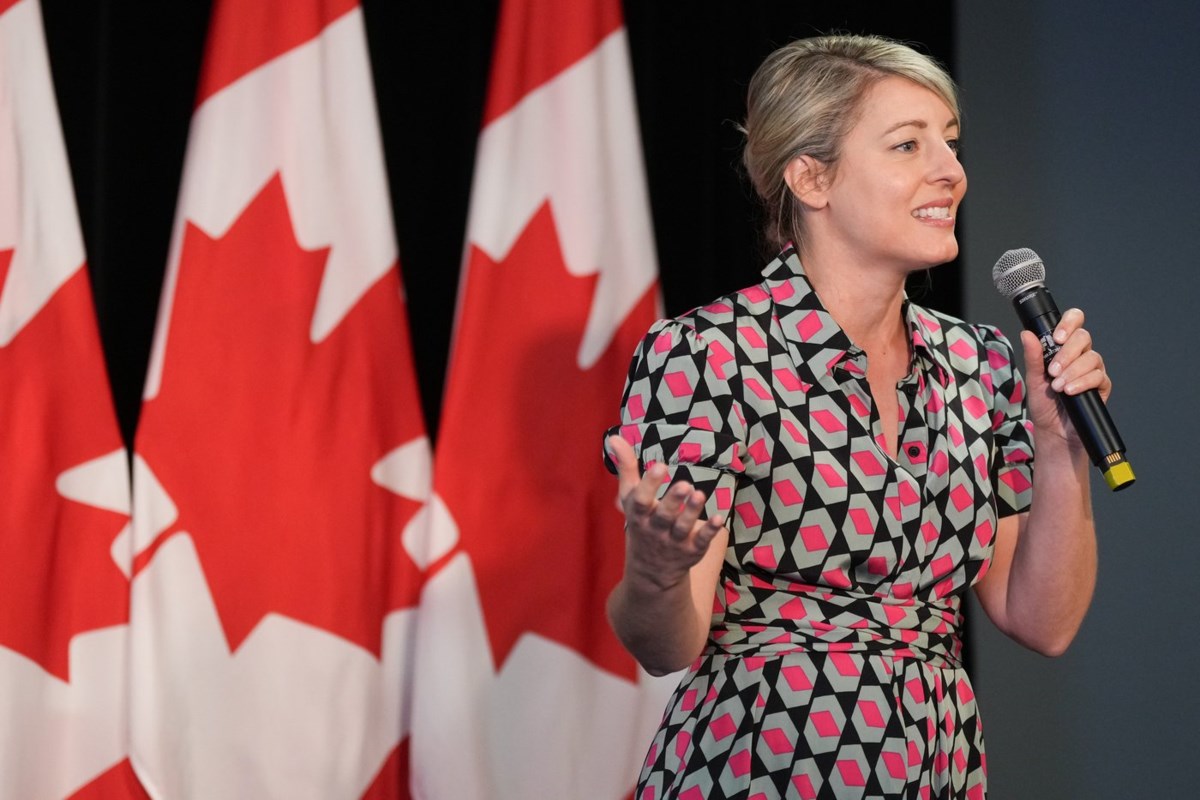On Tuesday, the White House confirmed that U.S. President Donald Trump would move forward with a 25% tariff on Canadian steel and aluminum starting just after midnight. This decision followed a day of mixed trade threats and jabs at Canada’s sovereignty.
Earlier, Trump had suggested raising the tariff on these metals to 50% in response to Ontario Premier Doug Ford’s new tax on electricity exported to the U.S., which increased energy costs for 1.5 million American homes and businesses. However, after talks between Ford and U.S. Commerce Secretary Howard Lutnick, Ford agreed to pause the tax until a trade discussion with U.S. officials on Thursday.
In a joint statement, Ford and Lutnick described their conversation as productive and outlined plans for further discussions in Washington about the United States-Mexico-Canada Agreement (USMCA), or CUSMA in Canada, ahead of an April 2 tariff deadline. Ford confirmed that Canada’s Finance Minister Dominic LeBlanc, and potentially Canada’s ambassador to the U.S., Kirsten Hillman, would attend the talks.
While Trump praised Ford as a “strong man” and a “gentleman” for his approach to the situation, he made it clear that the tariffs would proceed. A White House spokesperson confirmed that starting on March 12, the 25% tariffs would apply to Canadian steel and aluminum without exceptions.
These new tariffs are separate from the ones Trump imposed last week on Canada, which targeted border issues related to drugs and migrants. Canada had already retaliated with tariffs on $30 billion worth of U.S. goods, maintaining them even after Trump adjusted his tariff approach.
Ottawa Prepares to Respond
A spokesperson for Finance Minister LeBlanc warned that if Trump proceeds with the new tariffs, Canada would respond “firmly and proportionately,” emphasizing that the country would continue to defend its industries, workers, and jobs.
Despite Trump’s tariff decision, Ford reiterated that the electricity tax would remain suspended, pointing to Lutnick’s offer to discuss the USMCA and clear up trade uncertainties.
Potential Impact on Canada’s Economy
Canada faces significant risks with Trump’s continued tariff measures, as past tariffs on these metals led to a steep decline in Canadian exports. For example, in 2019, aluminum exports halved as a result of similar actions by Trump during his first term.
Trump’s Renewed Annexation Remarks
Trump’s focus on Ontario’s electricity tax reignited his threats of annexing Canada. He suggested that Canada could avoid the economic chaos he plans to inflict by becoming the “51st state,” claiming that doing so would eliminate tariffs altogether.
Trump also falsely asserted that Canada has some of the highest tariffs globally. Before the trade war began, the U.S. and Canada enjoyed largely tariff-free trade under a deal Trump himself had negotiated.
In his usual confrontational style, Trump described the border between Canada and the U.S. as “an artificial line of separation” that he wanted to see disappear.
Challenges for Both Countries
Ford responded to Trump’s threats by emphasizing the consequences for American industries. He pointed out that the U.S. relies heavily on Canadian aluminum, with 60% of it coming from Quebec alone. Ford warned that U.S. manufacturers, particularly assembly plants, would face higher costs or even shut down without access to Canadian aluminum, blaming Trump for creating “absolute chaos.”
Candace Laing, president of the Canadian Chamber of Commerce, echoed this sentiment, highlighting the crucial role of Canadian metals in the U.S. defense industry and economy.
Economic Uncertainty Mounts
Trump’s tariffs have triggered panic in U.S. markets. The S&P 500 index, which tracks the largest publicly traded American companies, has fallen by 8% in the past month, with the Nasdaq dropping by 10%. Trump’s erratic trade policies have spooked investors, creating further uncertainty.
In addition, Trump has threatened to impose more tariffs on Canadian cars by April 2, potentially devastating Canada’s automotive sector. He claimed that U.S. manufacturing could easily replace Canadian-made cars.
Canada’s Firm Stance on Trade
Prime Minister-designate Mark Carney, expected to take office soon, made it clear in his victory speech that his government would continue retaliating with tariffs until the U.S. shows a commitment to fair and free trade. Carney has proposed significant investments in the Canadian economy to offset the potential damage from the deteriorating trade relationship with the U.S.
Carney also voiced strong opposition to the idea of Canada becoming part of the U.S., stating, “America is not Canada. And Canada never, ever, will be part of America in any way, shape or form.”
Political Reactions
Conservative Leader Pierre Poilievre condemned Trump’s actions, calling them an unjustified betrayal of the longstanding friendship between Canada and the U.S. Poilievre emphasized that Canada would “fight back against these attacks on our economy and our workers,” reinforcing Canada’s position as a sovereign nation.

